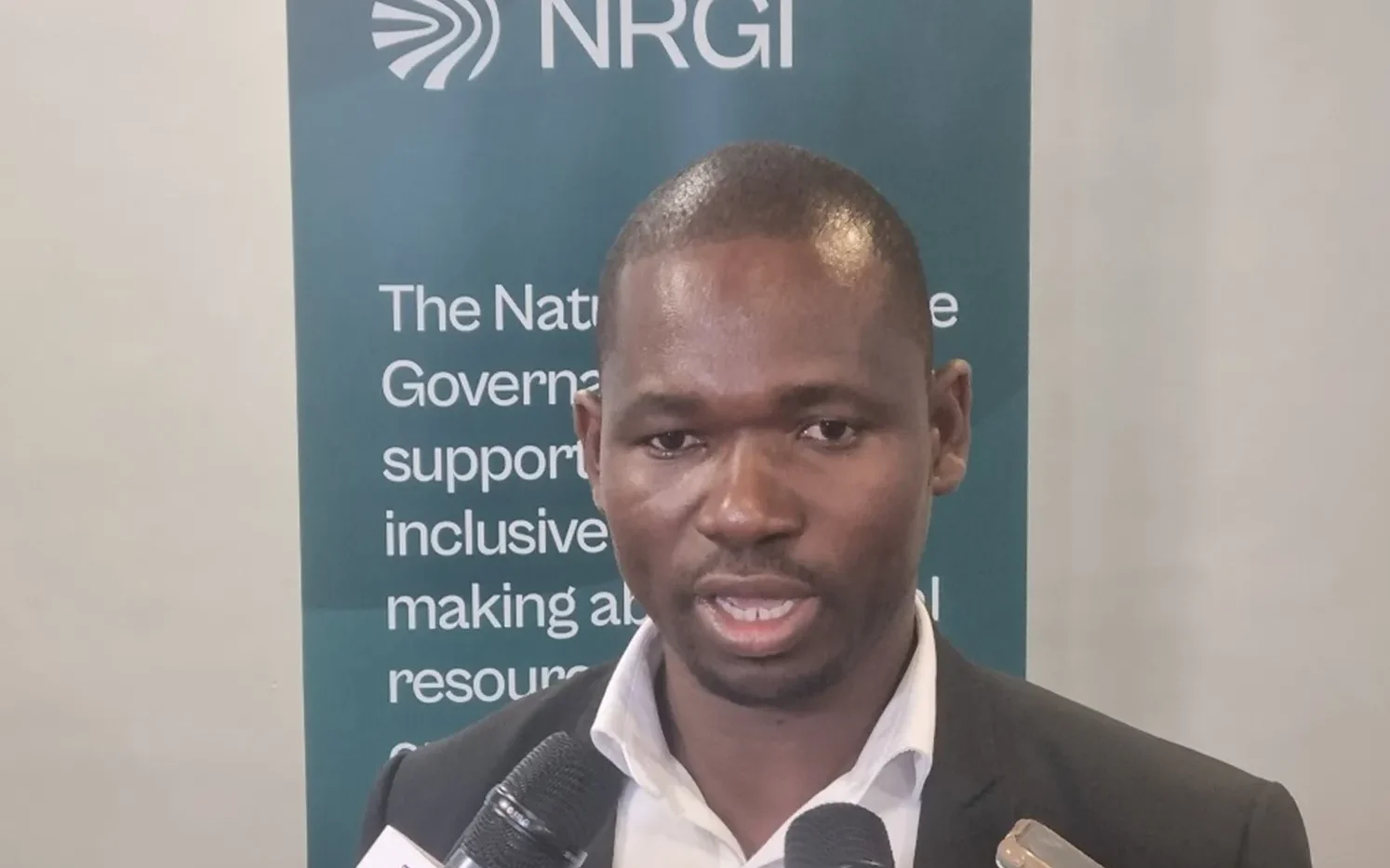The Natural Resource Governance Institute (NRGI) has urged governments to review mining policies to align with the increasing demand for transition minerals—key resources essential for renewable energy technologies.
This call highlights the necessity of fostering value addition and adopting environmentally sustainable extraction practices to meet global energy transition goals. Denis Gyeyir, Africa Senior Programme Officer at NRGI, emphasized the urgency of updating mining policies.
“As we begin to mine these minerals, it is crucial to assess the policies and laws governing their extraction,” he said. His remarks were made during a workshop on NRGI’s updated corruption diagnosis tool for critical minerals, which also focused on governance and anti-corruption strategies in the sector.
Mr. Gyeyir expressed concerns about existing policies, such as Ghana’s 2014 Mining Policy, which he argued are ill-equipped to handle the complexities of transition minerals.
“The 2014 mining policy must be reviewed—if not under this administration, then by the next—to align with the requirements of transition minerals.”
Denis Gyeyir, Africa Senior Programme Officer at NRGI
One significant policy gap, according to Mr. Gyeyir, is the absence of measures to promote value addition. He argued that countries should prioritize processing these minerals domestically to maximize economic benefits.
Additionally, he highlighted the need for stricter environmental protections tailored to the unique challenges posed by transition mineral extraction. Transition minerals often require extensive mining operations, which can lead to deforestation, water pollution, and harm to local communities if not managed responsibly.
“We must prevent illegal artisanal extraction and ensure adherence to global environmental standards,” Mr. Gyeyir added, calling for rigorous enforcement of regulations to protect ecosystems and communities.
Transition minerals such as lithium, bauxite, and cobalt are integral to renewable energy technologies, including electric vehicle batteries, wind turbines, and solar panels. As the world moves towards decarbonization, demand for these resources is skyrocketing.
Recognizing this, NRGI is advocating for mining frameworks that not only meet this demand but also ensure economic benefits for host countries and environmental preservation.
Aligning with Global Standards

NRGI is advocating for the incorporation of international principles for responsible mineral extraction into national policies.
NRGI’s global president is part of a United Nations panel that has developed seven guiding principles for transition minerals, focusing on governance, transparency, and sustainability.
“Our goal is to ensure these principles are domesticated and reflected in the regulatory framework for transition minerals,” Mr. Gyeyir stated. These principles emphasize environmentally sound mining practices, respect for human rights, and equitable sharing of benefits among stakeholders.
Also, corruption remains a significant challenge in the mining sector, particularly with the increasing value of transition minerals.
To address this, NRGI is training stakeholders—including government officials, industry representatives, civil society organizations, and the media—on identifying and mitigating corruption risks in mineral extraction and trade.
“We are doing these trainings to ensure the issue of corruption—and governance generally—is considered first in the review of all mining policy laws and processes,” Mr. Gyeyir said. He explained that political party financing and undue influence in contract approvals are key areas of concern.
Mr. Gyeyir stressed the importance of collaboration among all stakeholders, including government agencies, private companies, and civil society organizations.
NRGI’s engagement with Ghana’s Minerals Commission earlier this year marked a step toward revising mining policies to address transition minerals. According to Mr. Gyeyir, consultations with other stakeholders are ongoing.
“The media is also an important stakeholder in terms of investigating and unravelling corruption,” he noted. Building media capacity to expose corruption and promote transparency is a key element of NRGI’s strategy.
With stakeholders like NRGI championing governance, transparency, and sustainability, the future of transition mineral mining could be transformative—for both local economies and the global energy agenda.
READ ALSO: Prof. Asare Calls for Reforms to Curb “Midnight Appointments”





















